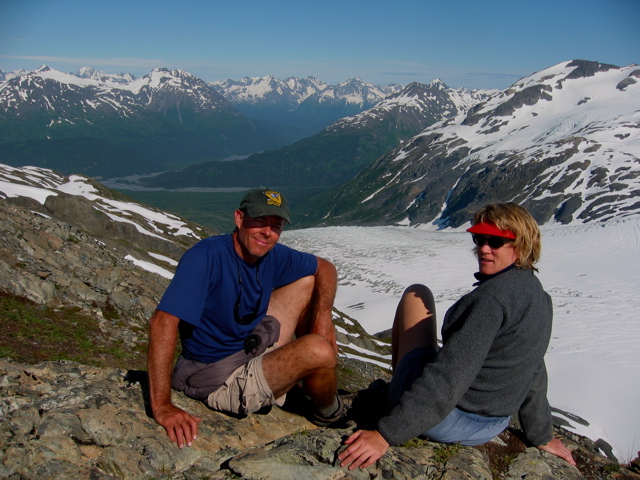(the Pawnee) "They were a well-disciplined people, maintaining public order under many trying circumstances. And yet they had none of the power mechanisms that we consider essential to a well-ordered life. No orders were ever issued...Time after time I tried to find a case of orders given and there were none. Gradually I began to realize that democracy is a very personal thing which like charity, begins at home. Basically it means not being coerced and having no need to coerce anyone else. The Pawnee learned this way of living in the earliest beginning of his life. In the detailed events of every day as a child, he began his development as a disciplined and free man or as a women who felt her dignity and her independence to be inviolate"
---
"The Creeks are just honest, liberal and hospitable to strangers; considerate, loving and affectionate to their wives and relations; fond of their children; industrious, frugal, temperate and persevering; charitable and forbearing. I have been weeks and months among them and in their towns, and never observed the least sign of contention or wrangling: never saw an instance of and Indian beating his wife, or even reproving her in anger. In this case they stand as examples of reproof to the most civilized nations . . . for indeed their wives merit their esteem and the most gentle treatment, they being industrious, frugal, loving and affectionate . . .Their internal police and family economy. . .incontrovertibly place those people in an illustrious point of view: their liberality, intimacy and friendly intercourse with one another, without any restraint of ceremonious formality; as if they were even insensible of the use of necessity of associating the passions of affections of avarice, ambition or covetousness. . . How are we to account for their excellent policy in civil government; it cannot derive its influence from coercive laws, for they have no such artificial system."
http://paimei01.blogspot.com/2010/05/free-people.html
http://www.amazon.com/Columbus-Other-Ca ... -1-catcorr
Also see "A people's history of the United States":
http://www.scribd.com/doc/26935544/Howa ... ted-States
. The Indian was peculiarly susceptible to every sensory attribute of every natural feature of his surroundings. He lived in the open. He knew every marsh, glade, hill top, rock, spring, creek, as only the hunter can know them. He had never fully grasped the principle establishing private ownership of land as any more rational than private ownership of air but he loved the land with a deeper emotion than could any proprietor. He felt himself as much a part of it as the rocks and trees, the animals and birds. His homeland was holy ground, sanctified for him as the resting place of the bones of his ancestors and the natural shrine of his religion. He conceived its waterfalls and ridges, its clouds and mists, its glens and meadows, to be inhabited by the myriad of spirits with whom he held daily communion. It was from this rain-washed land of forests, streams and lakes, to which he was held by the traditions of his forebears and his own spiritual aspirations, that he was to be driven to the arid, treeless plains of the far west, a desolate region then universally known as the Great American Desert."
"The foundation principle of Indian government had always been the rejection of government. The freedom of the individual was regarded by practically all Indians north of Mexico as a canon infinitely more precious than the individual's duty to his community or nation. This anarchistic altitude ruled all behavior, beginning with the smallest social unit, the family. The Indian parent was constitutionally reluctant to discipline his children.' Their every exhibition of self-will was accepted as a favorable indication of the development of maturing character.. . , There was an occasional assembling of a council, with a very loose and changing membership, whose decisions were not enforced except by the influence of public opinion. A Moravian minister who lived among them described Indian society:
Thus has been maintained for ages, without convulsions and without civil discords, this traditional government, of which the world, perhaps, does not offer another example; a government in which there are no positive laws, but only long established habits and customs, no code of jurisprudence, but the experience of former times, no magistrates, but advisers, to whom the people nevertheless, pay a willing and implicit obedience, in which age confers rank, wisdom gives power, and moral goodness secures title to universal respect."
and "Land of the Spotted Eagle"
http://paimei01.blogspot.com/2010/08/books.html

